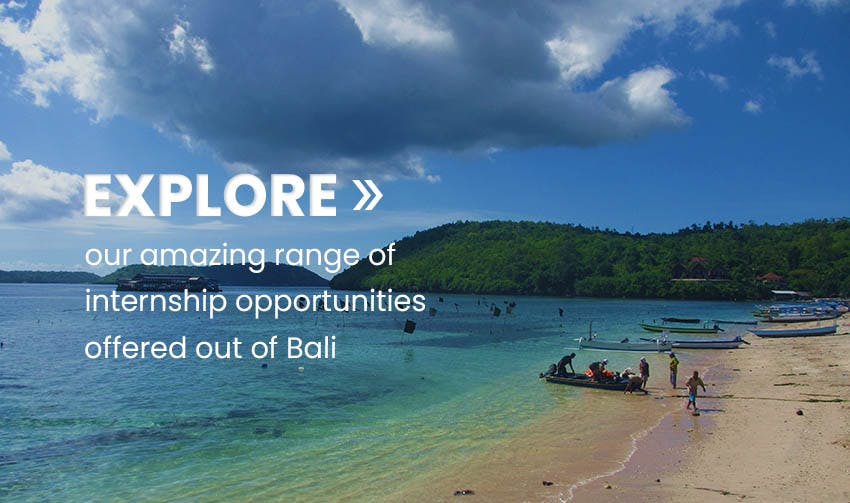
If you’re looking for real-world experience in a dynamic environment, then get ready to intern abroad! Julia reflects on how her Engineering internship in Bali provided a valuable stepping stone toward her career aspirations. Read on to learn more and find out how you could bring your own internship goals to fruition!
Hi Julia! How did this internship serve as a stepping stone in your career development?
I chose this program because I wanted real-world experience in a dynamic environment where I could develop a broad range of skills. Working in a small team meant roles were flexible, which I loved, as it allowed me to dive into projects that made a real impact. In the long term, I aspire to move into an entrepreneurial role. I’m drawn to the variety and adaptability that comes with building something from the ground up.
This internship, based in a start-up environment, was a valuable stepping stone for this, offering exposure to multiple areas of the business and encouraging me to think beyond a single job title or function. Contributing across different sectors has helped me develop a more holistic understanding of how businesses operate, which is crucial for any future entrepreneurial ventures.
Additionally, working for a company that balances commercial goals with a strong social mission deeply resonated with me. As an engineer hoping to eventually work in humanitarian emergency response, I found this dual focus particularly inspiring. It showed me how business and purpose can coexist, and I gained skills that are relevant to both commercial and humanitarian contexts - such as problem-solving, resourcefulness, and stakeholder communication.
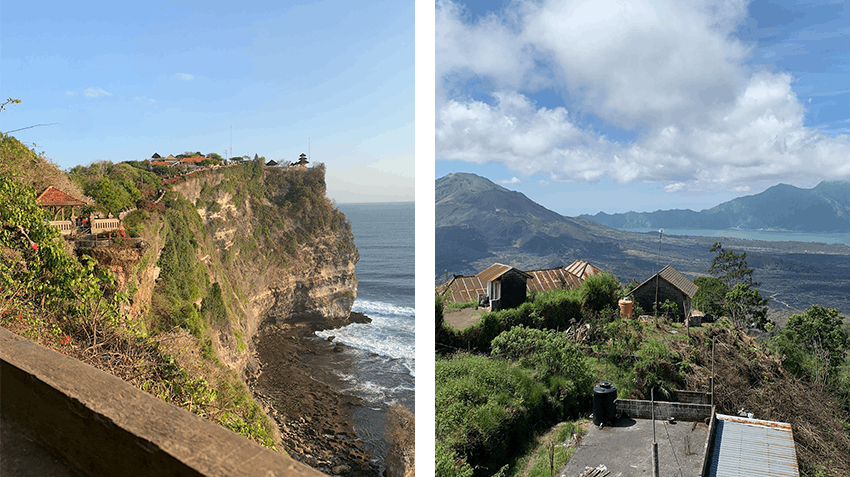
Tell us more - what did you do for your internship?
My internship in Bali was hosted by a company focused on improving access to safe drinking water, to improve quality of life for people. I undertook a multifaceted internship role that combined digital marketing and sustainability research.
I had the opportunity to work across multiple areas of the business, from marketing to research. Early in the placement, I was responsible for defining a six-month digital marketing strategy aimed at strengthening the company’s social media presence. This involved developing a content calendar, outlining paid ad strategies, and creating a cohesive framework to guide future campaigns. My work contributed to clearer brand messaging and more consistent engagement with the company’s primary audience.
In addition to marketing, I conducted in-depth research into the sustainability of ceramic water filters. This included exploring methods for conducting a life cycle analysis (LCA), reviewing internal data, and producing a comprehensive report that evaluated the product’s environmental impact. This document serves as a foundation for future sustainability initiatives and highlights areas for improvement in alignment with circular economy values.
Through this experience, I gained insight into the ongoing challenges faced by organizations striving to create meaningful and sustainable social impact. I came to recognize that long-term, community-wide benefits require broader structural changes beyond the scope of an individual organization.
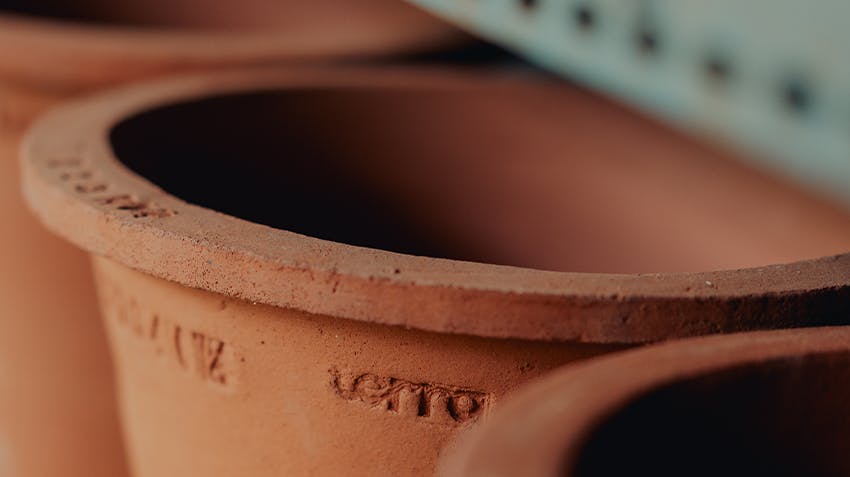
What was it like arriving in Bali and settling in?
During my first week of living in Bali as an intern, I found the climate especially challenging. I had assumed that I would acclimate to the temperature and food more quickly than I actually did, which left me feeling quite exhausted most days. However, as the week progressed, I began to settle into both work and home life. I noticed that I felt less drained after completing simple tasks and even managed to start exercising despite the heat.
One particularly memorable moment during the first week was visiting a local warung for dinner. After a gym session, I decided to stop by a nearby warung for Nasi Goreng before heading home. As soon as I pulled up on my scooter, I was warmly greeted by a little old lady with a beaming smile. She was incredibly enthusiastic and excited for me to try their food, asking plenty of questions about why I was in Bali and where I came from. Her kindness was evident in the way she interacted with both me and her husband, the chef at the warung. After taking pictures together, I drove away with my Nasi Goreng and a smile on my face, feeling deeply grateful to be spending the next two months in Bali.
Everyone I encountered - whether at the internship, my accommodation, restaurants, or supermarkets - was incredibly patient and kind. My favourite memory from the program was the countless lunches and laughs I shared with my colleagues throughout my internship. I also really enjoyed going into the community, visiting local businesses, and capturing moments through photography - it was such a meaningful way to connect with people and see the impact of our work firsthand.
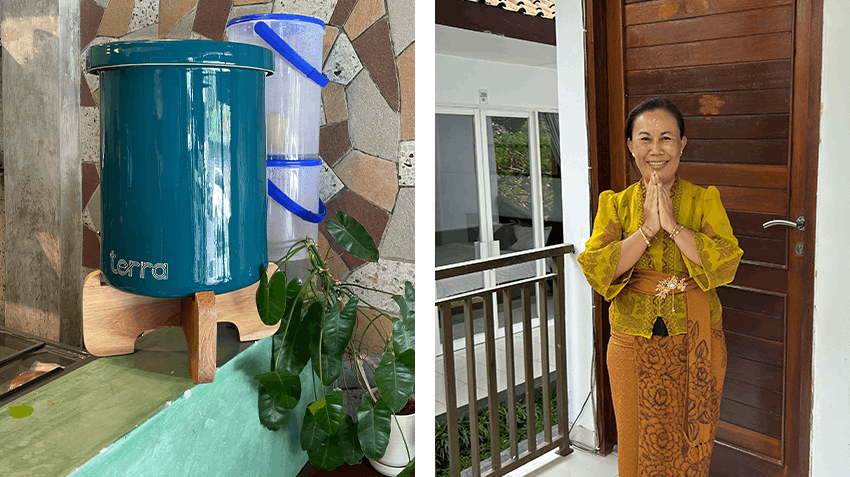
What kind of challenges did you experience?
One challenge I encountered was adjusting to the differences in work culture - particularly around timelines and deadlines. In Indonesia, I observed a more relaxed and flexible approach to deliverables, which occasionally made it difficult to understand when tasks are expected to be completed or how to prioritize them effectively.
This ambiguity isn’t necessarily a flaw, but rather a reflection of broader factors at play. For one, the company that hosted my internship is a growing start-up, and like many young businesses, it’s still in the process of defining roles, responsibilities, and workflows.
This means that timelines often shift based on evolving needs, which can create an environment where structure is fluid and tasks are redefined day-to-day.
The issue is also culturally nuanced - Indonesian workplace norms can be more indirect or relationship-oriented, compared to the more time-bound, task-driven culture I’m used to.
Recognizing this helped me to better understand that the flexibility wasn’t indicative of a lack of organization, but rather a different way of working that prioritizes adaptability and interpersonal connection.
On the flip side, one of the things I appreciated the most was the supportive work culture. Interns are encouraged to take time off when sick, enjoy long lunch breaks to socialize, and explore local restaurants. There is a strong understanding that we are only here for a short time and will want to experience as much as possible. Because of this, my boss was incredibly accommodating, often giving interns long weekends to travel and immerse ourselves in Bali.
Another challenge was related to language. For example, the language differences among production staff made it harder for me to engage with them and fully understand their roles. At times, the language barrier between myself and shopkeepers made it a bit harder to explore new foods.
Looking back, I realize that consistently practicing with online language apps beforehand could have helped me overcome this challenge. That said, it’s only a minor hurdle - one that encourages me to step outside my comfort zone and try new dishes, even when I’m not entirely sure what they are.
Overall, this experience helped me to develop more patience, adaptability, and the ability to work within less-defined structures - skills that are valuable in any dynamic or cross-cultural environment.
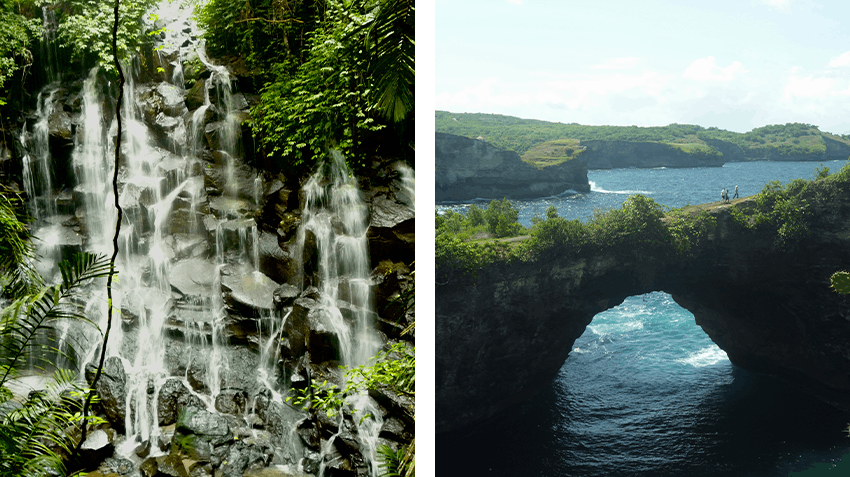
How did your expectations of the internship experience change over time?
When I first started, I expected my role to come with more structure and clearly defined responsibilities. However, after spending some time in the internship, I came to appreciate the flexibility and ambiguity that come with working in a start-up environment.
My expectations shifted as I’ve realized that each day can look completely different - something that can feel uncertain at first, but ultimately creates opportunities to explore a wide range of tasks and learn rapidly across different areas.
This experience taught me the importance of being proactive in setting personal goals and timelines, especially when the structure isn’t always provided for you.
In retrospect, I’d advise myself - and others - not to set rigid expectations about what an internship should look like. Being open-minded and adaptable makes it much easier to embrace the variability of the role and to grow from the experience, even when it doesn’t unfold exactly as you imagined.
One unexpected aspect of my internship was working in a small, close-knit office space alongside my colleagues. Before starting, I hadn’t anticipated being so immersed in day-to-day conversations about various parts of the business.
This setup gave me the opportunity to sit in on informal discussions about operations beyond my immediate role, exposing me to a broader understanding of how different functions come together in a start-up environment.
Compared to my previous roles - which often felt isolating and independent - this level of collaboration was a refreshing change. Instead of working in silos, I found myself learning through observation and interaction in a naturally collaborative space. It’s something I hadn’t expected going in, but it became one of the most valuable parts of my experience.
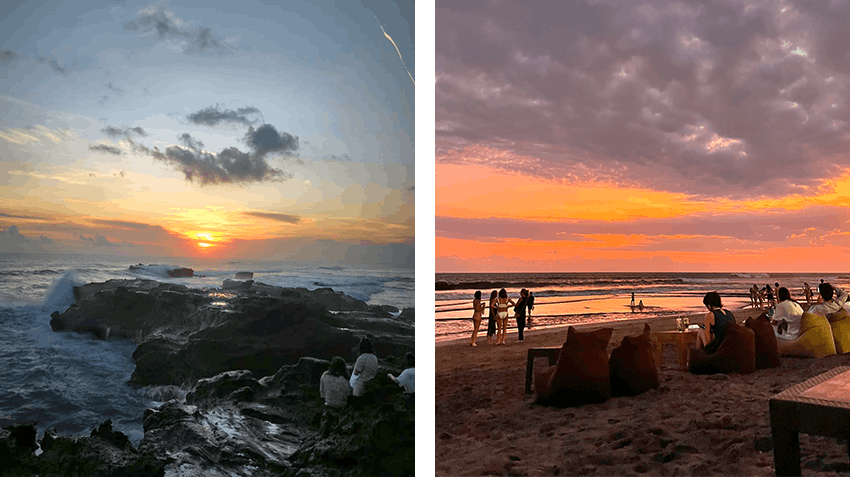
Did you experience any culture shock?
The company I interned at welcomes interns from all over the world and employs people from diverse cultural backgrounds too. As a result, the office is a vibrant, multicultural environment where multiple languages are spoken, and various religious holidays are celebrated. This diversity served as a constant reminder of the company’s inclusive and global nature.
Working in such a multicultural environment was an enriching experience. It not only deepened my understanding of the Indonesian language but also gave me valuable insight into both Muslim and Hindu cultures.
One cultural similarity that pleasantly surprised me was the strong sense of community and hospitality in Bali, which reminds me a lot of home. People in Bali are incredibly warm and welcoming, always willing to help or share a conversation, whether at my internship, in my accommodation, or even in small interactions at local shops. I noticed that, much like in my own culture, there’s a deep emphasis on respect, kindness, and maintaining good relationships, which has made settling in much easier.
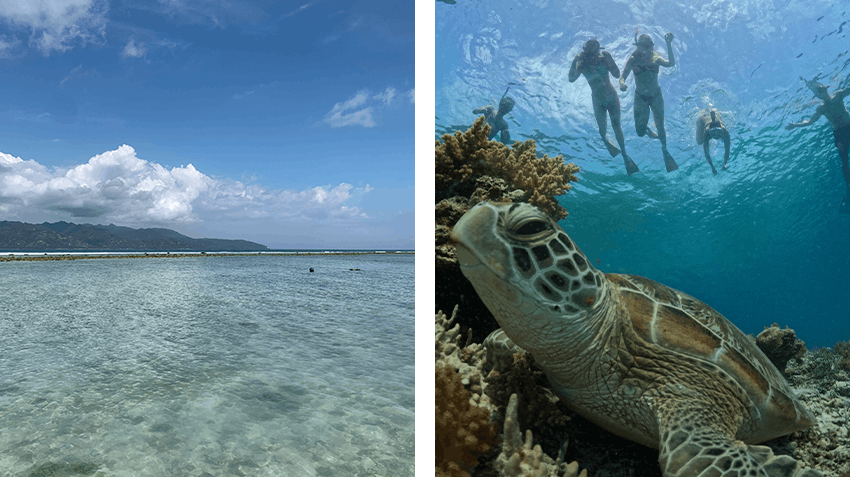
What advice would you give to others?
Don’t be afraid of messing up the pronunciation of another language. The best way to pick it up fast is to practice as much as possible, and use the little competency you do have in every interaction if possible.
Also, asking people your age (like colleagues or house mates) for locally used slang can be a really easy way of learning simple terms that can be used frequently.
People will really appreciate it if you put the extra effort into learning some of the native language (through Duolingo before departure) and it will enrich your interactions and relationships with locals once you arrive.
Ready to plan your own international internship?
Our step-by-step guide on how it works provides you with more information on how to get started. The process is user friendly - just submit your application to begin. It doesn’t cost anything to apply and won’t take more than 5 minutes. However, your formal expression of interest provides the foundation for us to help you take the next steps.
